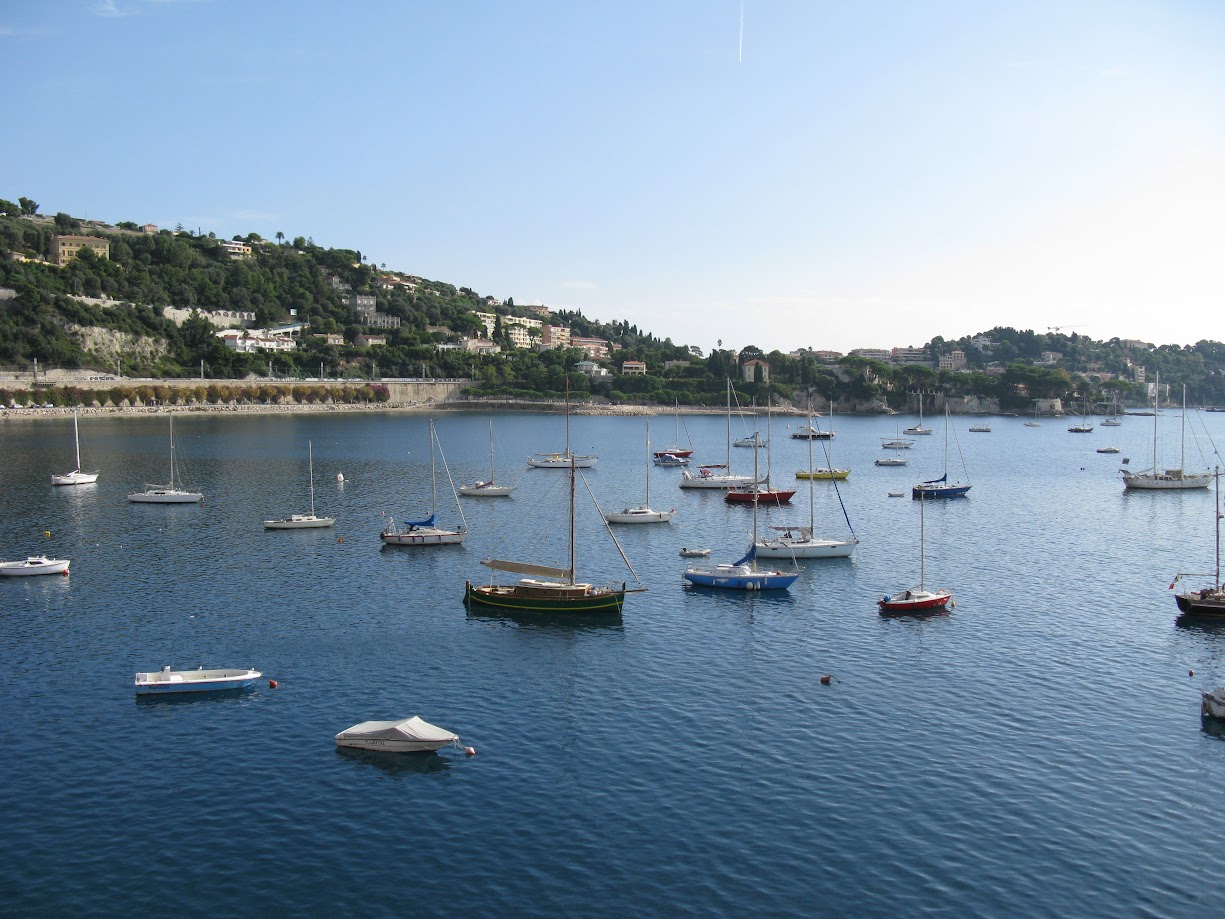Category: archive
-
Martin Wright on the Road Again by Matt Doughty
Back in January 2004 Martin Wright, one the club’s most sociable regulars at the London Meetings, royally entertained a packed Crown Court with tales of his marathon cycle ride to
-
Masai and Back in a Day
In a forest. In a bee suit. In the middle of Tanzania. 100 miles away from Mikindani. With Tony Herbert’s reputation. Most contrapuntal by anyone’s standards but after spending five
-
Flag Quiz
Which countries are represented by these flags? For the answers, see at the end of the eNews. 1 2 3 4 5
-
Sally Visits Sintra and Cabo da Roca
Sally left the UK around two years ago to start a new life in Portugal. She lives in a suburb of Lisbon, close to the sea and is now a
-
Traveller’s Diseases: Decompression Sickness
What is it: decompression sickness, also called the bends, is related to great changes in environmental pressure. It is caused by nitrogen bubbles forming in the bloodstream and tissues of
-
Explore Paradise with Moon Handbooks Fiji
Avalon Travel Publishing announces the release of the 7th edition of Moon Handbooks Fiji, the original travel guide to the 322-island Fiji archipelago. Since 1985, Moon Handbooks Fiji has been
-
Interesting Facts
1. The Czech Republic has more Internet Service Providers than any other non-English speaking country. 2. Andorra has no unemployment, which is just as well because they have no broadcast
-
Mac
We are sorry to say that Mac is not very well, but he is still e-mailing strong and recently sent the Beetle a collection of Mac reminiscences including those about
-
Steve Cheetham Visits Chile
This is the first in a series of trip reports sent to the Beetle by Globetrotter Steve who is travelling around South America and Easter Island, the lucky chap! So,

